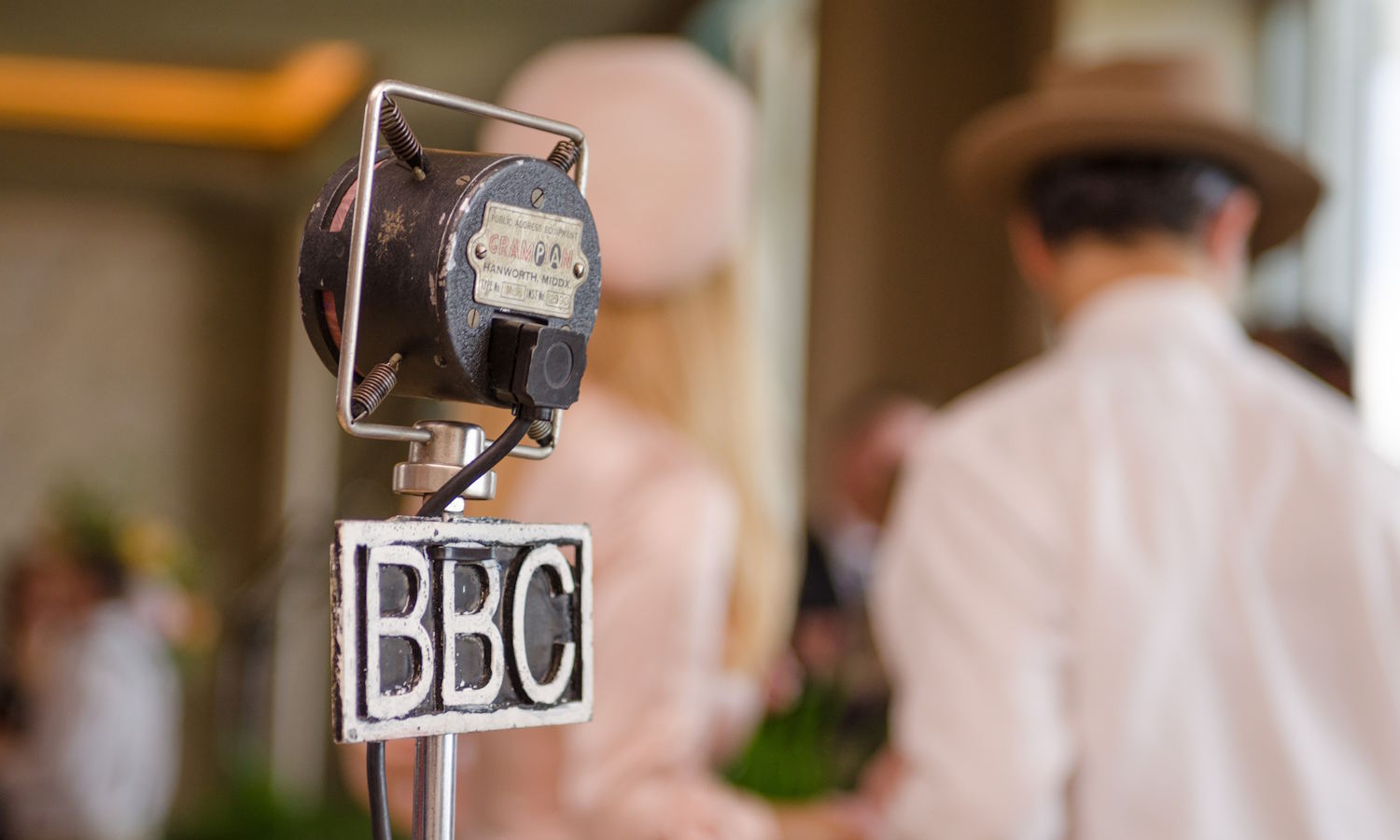
Netflix and Disney+ subscribers may have to pay a license fee to fund the BBC
The UK government is considering introducing an additional tax for subscribers of streaming services such as Disney+ and Netflix. The money raised in this way could be used to help fund the BBC, which has been struggling financially for some time.
Several ideas are being floated to try to top up the coffers of the public service broadcaster which is largely funded through the television license fee. With the license fee already somewhat controversial, the idea of charging users of non-BBC related streaming services is likely to provoke angry reactions.
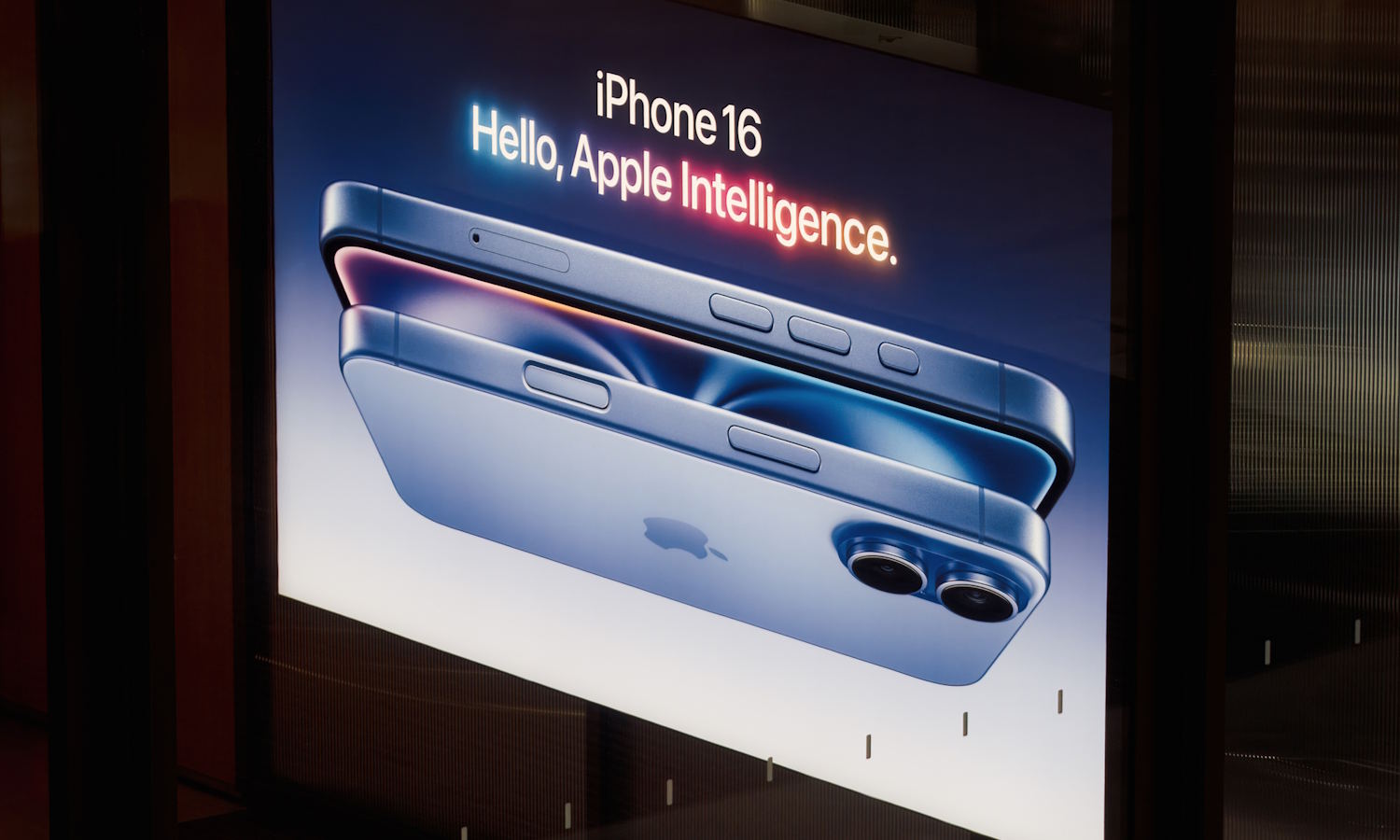
Apple to issue iOS update to avoid AI-generated fake headline confusion
In what could be seen as a perfect demonstration of AI simply not being suitable for many of the things it is being used for, Apple upset the BBC recently after AI-generated headlines pushed fake news to iOS users.
Back in mid-December, the BBC complained to Apple about a headline from the iPhone-maker which stated that the murderer of healthcare insurance CEO Brian Thompson had completed suicide. While Apple said nothing in response at the time, the company has now revealed plans to change how AI-generated headlines are flagged to make the use of AI more apparent.

This amazing video shows driverless cars being tested back in 1971
Although the likes of Tesla’s Autopilot have brought self-driving cars to the roads, they still require active driver supervision and it will likely be a while before full autonomy arrives, although we are getting ever close.
The idea of self-driving vehicles isn’t new, however. Indeed, early prototypes were being tested way back in the last century.
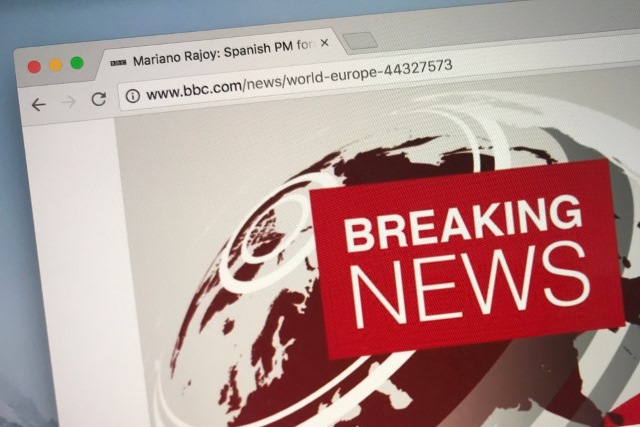
BBC launches censorship-dodging news site on the dark web, accessible through Tor
In an attempt to avoid censorship around the world, the BBC has launched a dark web version of its news portal.
Available on the anonymous Tor network, the BBC's new .onion site aims to sidestep government surveillance and censorship in countries such as China, Iran and Vietnam. It is the international version of BBC News that is being mirrored on the dark web, as well as foreign language services such as BBC Arabic, BBC Persian and BBC Russian.

Just ask auntie: BBC to launch its own digital assistant called Beeb
The BBC is working on a digital assistant to rival the likes of Siri and Alexa. Due to launch in 2020, the system goes by the name Beeb, and is being developed to handle regional accents better than current assistants.
The corporation has no plans -- for now at least -- to release a physical product along the lines of Google Home, as Beeb is destined to be used to allow people to use their voices to interact with online services and search for shows.
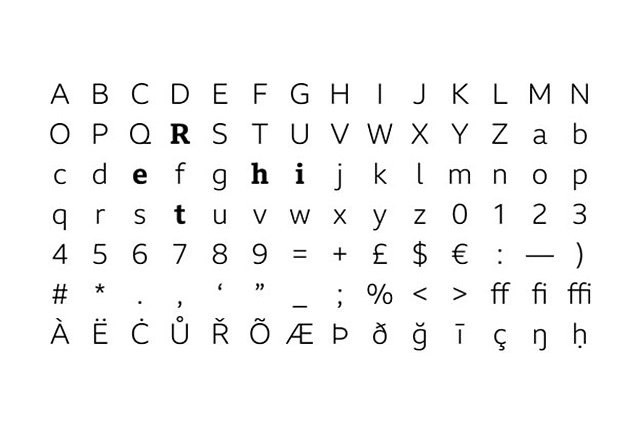
Irony alert: the BBC has designed its own font to avoid paying license fees
The BBC has announced plans to roll out a new font across its network of websites in a cost-saving measure. The corporation has designed a new font called BBC Reith, named after Lord Reith, the founder of the BBC.
The beeb says that it will be able to save an undisclosed sum of money by ditching the fonts it currently uses as it will no longer have to pay license fees for them. That sound you can hear is the shrill ring of irony as a corporation that charges a license fee tries to avoid paying a license fee...
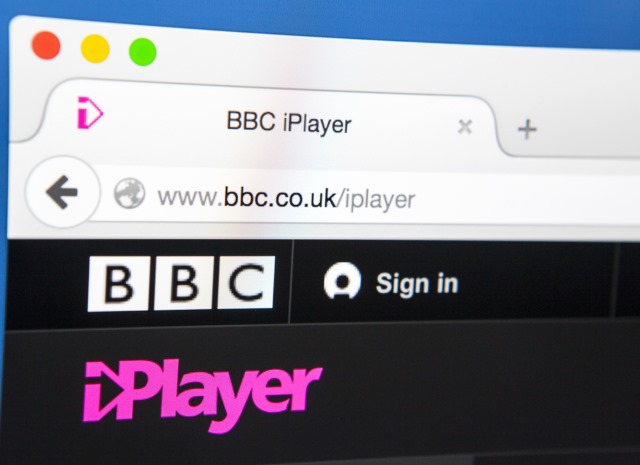
BBC iPlayer now requires you to sign in for your catch-up TV fix
Last month, the BBC announced plans to force iPlayer users to sign into their account in order to watch the catch-up service. The requirement is now rolling out, and this means that the option to skip sign-in is starting to vanish.
Visitors to the site are now greeted by a message that reads: "You now need to sign in to watch. It's quick & easy. And we'll keep you signed in." Without following the instruction to sign in -- which gives the BBC the opportunity to check for a valid TV license -- it is not possible to watch any programming.

Updated BBC Privacy and Cookies Policy reveals targeted social advertising, and data sharing with TV Licensing
Just a few days ago, the BBC revealed that it was planning to introduce password checks for iPlayer users so it could ensure that a valid TV license is in place. Following on from this, the corporation has updated its Privacy and Cookies Policy.
The changes mean that personal information is shared with TV Licensing to check whether individuals have paid for a license. The BBC also says that it will use the personal data it collects to deliver "relevant advertising" on the likes of Facebook, Twitter and Instagram.

BBC to clamp down on licence fee avoidance by requiring password for iPlayer
Within the next few weeks the BBC is planning to introduce password protection to iPlayer. The system is intended to prevent people from using the streaming TV catch-up service without paying a licence fee.
The corporation says that it does not plan to introduce "mass surveillance techniques or ask internet providers for IP addresses," but is merely interested in ensuring people comply with the law. The system should also help the BBC to reduce the number of people from outside the UK using iPlayer for free.
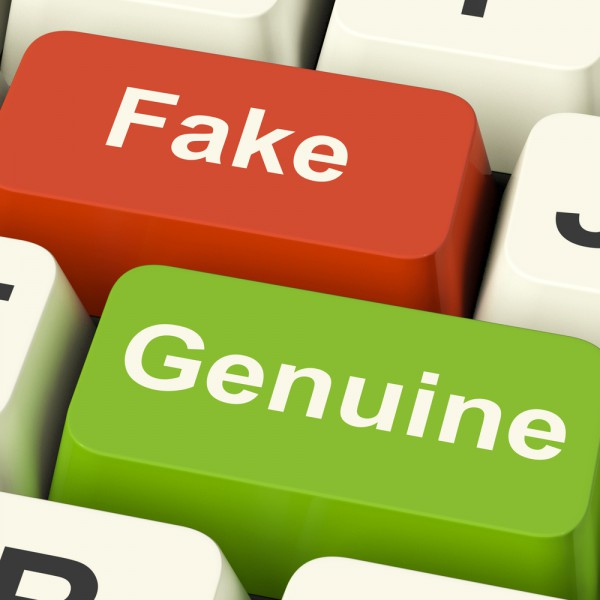
BBC wants to tackle fake news with Reality Check team
Fake news has become a serious problem recently, with Facebook blamed for helping the spread of stories that are factually incorrect. The social network has already announced that it wants to take steps to tackle the problem, and now the BBC is joining the fight.
The BBC already has a series known as Reality Check, and the plan is to expand this into a permanent feature that will be used to fact-check stories that appear on Facebook and other social media.

Soon you could be able to download full seasons from BBC iPlayer before they broadcast on TV
The BBC's iPlayer proved popular very quickly, and its position as a well-loved catch-up streaming service is undeniable. But the broadcaster wants to take on the likes of Netflix, and this could mean viewers are not only able to download entire seasons to watch offline, but may be able to do so before shows air on television.
BBC director general Lord Hall is today due to speak with staff, setting out his plans to make iPlayer the UK's biggest online TV service by 2020. His tone makes it clear that the BBC realizes it is operating in an increasingly crowded and competitive market.

BBC trials 4K Planet Earth II in HDR on iPlayer -- but you probably can't watch it
There are a growing number of ways to enjoy Ultra HD content on your 4K TV or monitor. Just a couple of days ago, Google added 4K movies to Google Play.
Now the BBC announces it is trialing 4K high dynamic range (HDR) video on its iPlayer streaming platform, and I can confirm, having watched it, it's absolutely stunning stuff. However, you shouldn’t get too excited about it, yet -- there are a couple of big catches that will mean you probably won't be able to watch it.
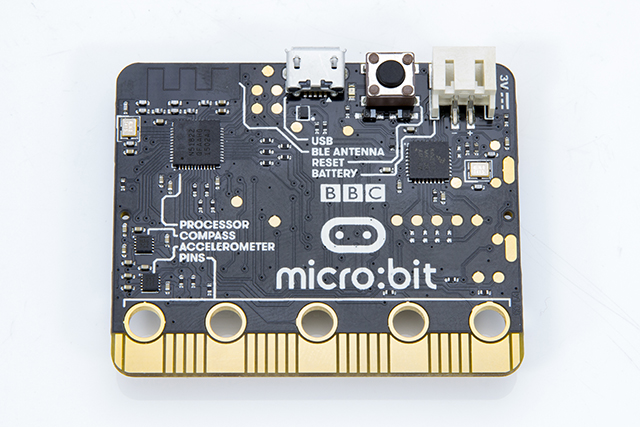
BBC micro:bit computer to roll out globally
The BBC micro:bit is a tiny programmable computer like the Raspberry Pi, except it’s even smaller -- it measures just 4cm x 5cm.
The device is powered by a 32-bit ARM Cortex Processor and comes with a built-in 5x5 LED matrix that gives you 25 individually programmable red LEDS to use as a display, some push buttons, so you can interact with games and programs, and an Accelerometer, Magnetometer and Bluetooth antenna.
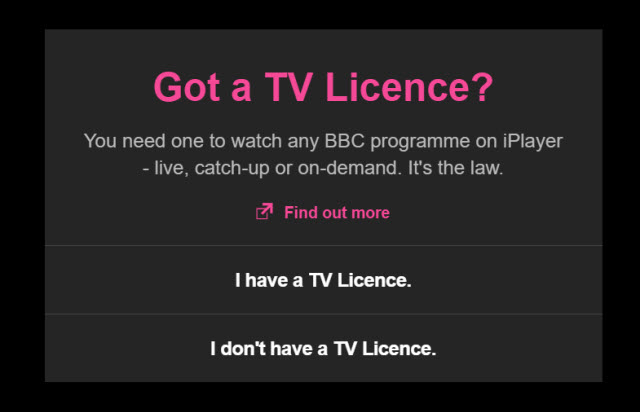
Now you need to buy a TV licence to watch BBC iPlayer, and privacy advocates are concerned
As of today, Thursday 1 September, if you stream any content from BBC iPlayer without owning a TV licence, you are breaking the law. But as with licences for televisions, it's not clear how -- or, indeed, if -- the BBC will be checking to see whether watchers have paid up or not.
If you fire up BBC iPlayer now, you'll be greeted by a nag screen that asks: "Got a TV licence? You need one to watch any BBC programme on iPlayer -- live, catch-up or on-demand. It's the law". Viewers need to click to indicate whether or not they have a licence, and of course there is nothing to stop people from lying. What is not known, though, is whether privacy-invading snooping will be used to perform licence checks.
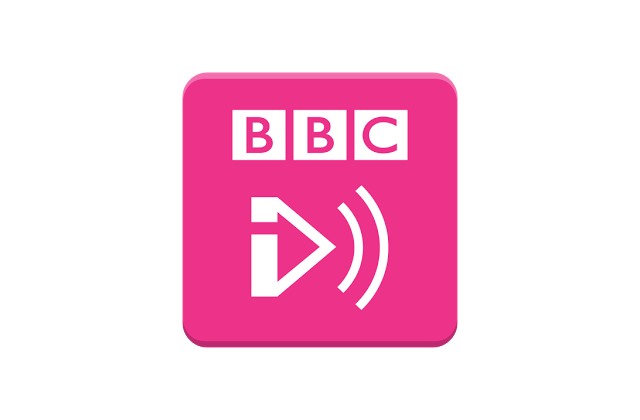
BBC iPlayer Radio app launches in the US for iOS and Android
The BBC pumps out a great deal of fabulous content, but there's one problem -- an awful lot of it can only be accessed in the UK. With the launch of the iPlayer Radio app for iOS and Android, this changes.
As well as giving listeners the chance to tune in to live radio broadcasts, the app also provides access to podcasts, and boasts a catch-up feature for shows you may have missed. The iPlayer Radio app is available free of charge, and has already received rave reviews in the Google and Apple stores.
